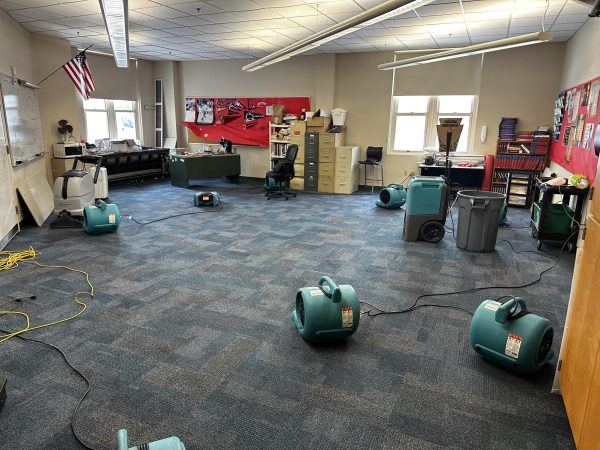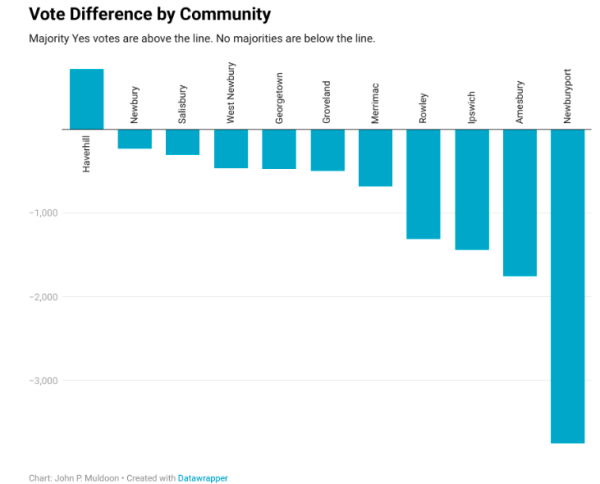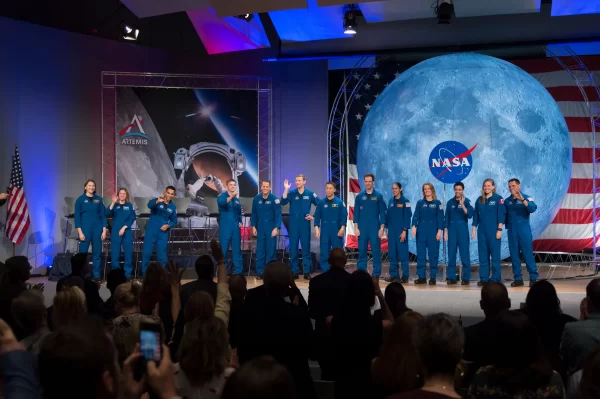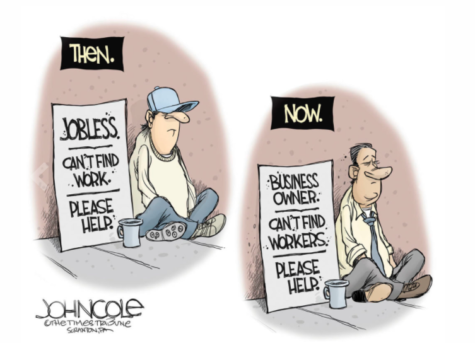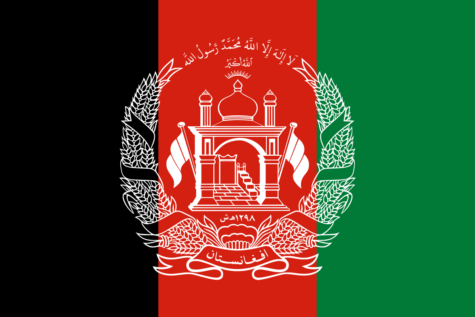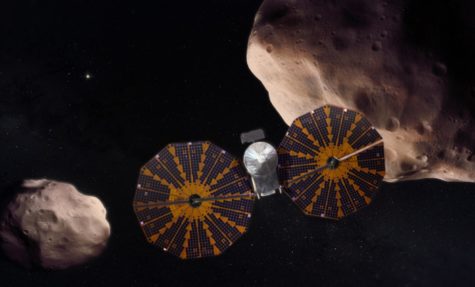Venezuela
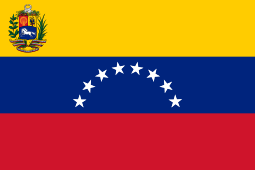
March 7, 2019
“Freedom” and “democracy,” that’s what the US stands for when it projects its foreign policy on the world right? At least that’s what the mainstream pundits in the political establishment and corporate news would have you believe. They are pushing that agenda when they refer to the situation in Venezuela.
We have recently declared the leader of Venezuela a dictator and have called him, Maduro, illegitimate and declared the opposition leader Juan Guido to be the president of Venezuela, claiming we are supporting the “people” and “freedom.” That sounds good on paper, but is it true. I mean do you think we are doing this out of our care for the Venezuelan people, or are there other motivations behind this action we are pursuing?
I interviewed history teacher Mrs. Smith and asked if she knew what was going on and what action we would take and she said: “It was too early to tell for sure, and it’s confusing what our policy is.” And I agree, it is confusing what is happening down there and what exactly our policy is and why we are intervening in the first place. Let’s take a closer look into this specific case as well as other past instances of foreign policy endeavors for the US and see if they were about “freedom” and “democracy,” or were there other motives involved.
To understand the situation in Venezuela intervention, we have to look at the history of the US intervening down there. The “Monroe Doctrine” was established in 1821, designating the hemisphere to be ‘ours’ and prevented European and other powers from meddling. Since then the US has intervened in the region many, many times, and the history of it is not too good. We have intervened to overthrow dictators sometimes, but we also took out elected governments in Chile, Guatemala, Nicaragua, and other nations.
Look at our recent history of intervention. We toppled Saddam Hussein in Iraq, and the country has fallen into chaos; ISIS was enabled to fill the vacuum we created. Iraq body count reports 200,000 dead civilians, but the BBC reported that the war killed 500,000 civilians and there were no weapons of mass destruction.
Marco Rubio tweeted a few pictures over the weekend as a cryptic threat to Venezuela; a few of them were Latin American leaders we overthrew and one was of Gaddafi, whom we overthrew in Libya in 2011. It’s incredible the picture he posted is too graphic for me to put in a school magazine, but I recommend you look at it at your discretion. Libya is an argument of why we should not intervene, because before Libya was not perfect but now the BBC reports they have open slave markets, and ISIS has moved into the country. The moral of the story is every time we intervene we make things worse. Yes, these leaders are wrong; we all agree with that, but starting a bloody civil war and leaving a vacuum for ISIS is much worse.
Now let’s turn our attention back to the situation in Venezuela. There was a report by Vox on how former FBI director Andrew McCabe said in his recent book that Trump recommended invading Venezuela in 2017 because Trump said: “they have all that oil.” Now you may say he is lying and this conversation is not public, but we also have a public admission of this quote Trump made in 2017.
On Fox News recently, John Bolton, Trump’s national security adviser, recently gave an interview where he said the usual freedom and democracy bit, but he included a different line as well. When asked about oil he said, “It’ll make a big difference to the US economically if we could have American oil companies invest in and produce the oil capabilities in Venezuela.” That is counter to the narrative you see on TV 24/7, but it drives a real screwdriver in what they have been saying.
The man Trump has put in charge of this whole Venezuela operation is Elliot Abrams. The Intercept recently brought up thar he was accused of lying to Congress but was pardoned by the Bush, Sr. administration; he was involved in trafficking guns to a far-right extremist group trying to overthrow the democratically elected Sandinista government in Nicaragua. So do you think this man cares about the people of Venezuela and human rights?
People in Flint Michigan don’t have water, and Puerto Rico is begging for aid; millions of Americans are struggling here, so please don’t be naive enough to think they care about the Venezuelan people. This move is for geopolitical power and oil. Let’s be honest with ourselves.
I asked some students what they think the goal of our intervention is down there before and after being explained the situation. Jason Finkst said at first “he did not know” what it was about, but after showing him this article, he now believes it’s about “oil and other resources” and Isiah Morrissey, when informed on the situation, said it is “of course it is about the oil and power.” Still not many people are well informed on the issue we are facing, and hopefully, this article can help with that.
Maduro is not a good guy, and Venezuela is a bad situation. However, US intervention is not the answer because our motives are not right; our history in the region is horrible, and we have our problems at home that should be addressed first before we overthrow a government in South America for reasons of power and oil.

